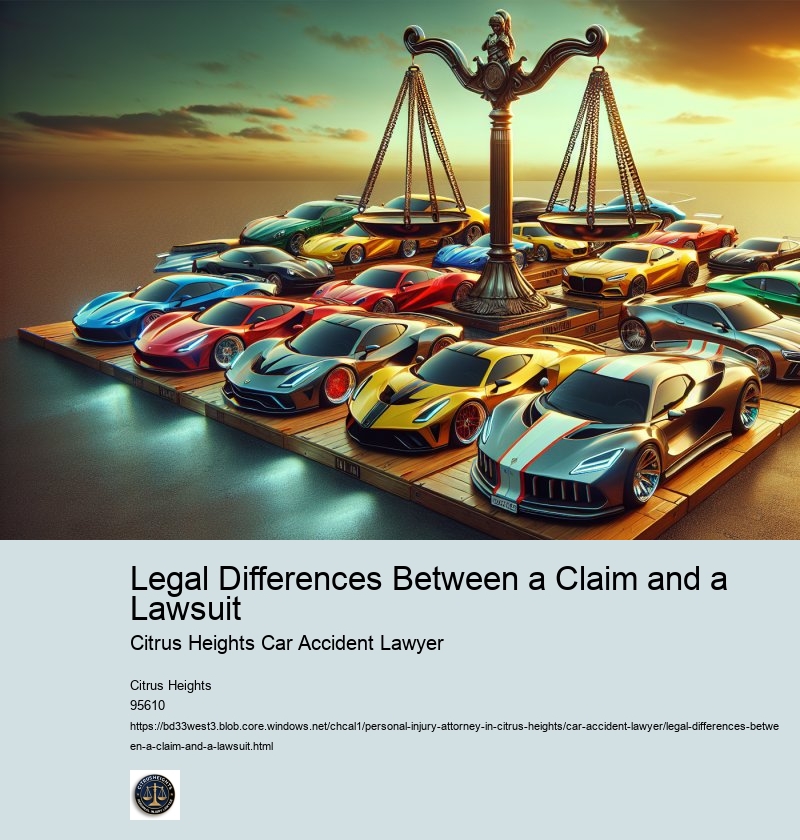Legal Differences Between a Claim and a Lawsuit
arbitration

If you've been involved in a crash, speaking with a Citrus Heights car accident lawyer is one of the most effective steps you can take. If you’ve been hurt in a car accident, speaking with a personal injury attorney in Citrus Heights can help you understand your legal options and pursue fair compensation.. More severe accidents involving frontal impacts are handled under head-on collision injury representation, which often requires detailed crash reconstruction. Premises liability After checking for injuries and contacting the police, it's important to gather photos of the scene, take note of traffic conditions, and exchange information with others involved.
Legal Differences Between a Claim and a Lawsuit - personal injury lawyer
- Premises liability
- Law of California
- legal malpractice
- accident
- passenger
- mind
- expense
- Humboldt County
- testimonial
Legal Differences Between a Claim and a Lawsuit - arbitration
- data
- Santa Clara County
- Citrus
- confidence
- customer
- Orangevale
- attention
- car
Even if the accident doesn't seem serious right away, issues like delayed injuries, medical bills, time off work, and insurance delays can quickly add up. We support all common case types. You only pay if they successfully recover money for you. Hit-and-run cases require fast action. The timeline of a personal injury case can vary depending on the case's complexity. If liability is clear and the injuries are straightforward, settlement might happen quickly.
Legal Differences Between a Claim and a Lawsuit - retainer agreement
- accuracy and precision
- negotiation
- courtroom
- Greenback Party
- truth
- regulation
- testimony
- intersection
- distress
To support your decision-making, we also provide a Citrus Heights car accident FAQ. Through a Free Case Review for Car Accidents, you can speak with an attorney at no cost to find out if you have a valid claim and what your next steps should be. All lawyers in our network are no win, no fee car accident lawyers.
Legal Differences Between a Claim and a Lawsuit - Law of California
- arbitration
- empathy
- verdict
- Law of California
- retainer agreement
- personal injury lawyer
Car vs. pedestrian accident representation focuses on right-of-way laws, visibility issues, and proving driver negligence. Simple claims may resolve in a few months, while others take longer-especially when future treatment is needed or the insurance company delays. Law of California If you've been involved in a crash, you don't have to face the process alone. If your crash happened on a highway like I-80, a Citrus Heights highway accident lawyer may handle the case, especially if commercial vehicles or multiple drivers were involved. And for larger pileups or chain-reaction crashes, multi-vehicle accident claims in Citrus Heights require skilled handling to determine fault and manage multiple insurance carriers. All attorneys we match you with are no win, no fee car accident lawyers.